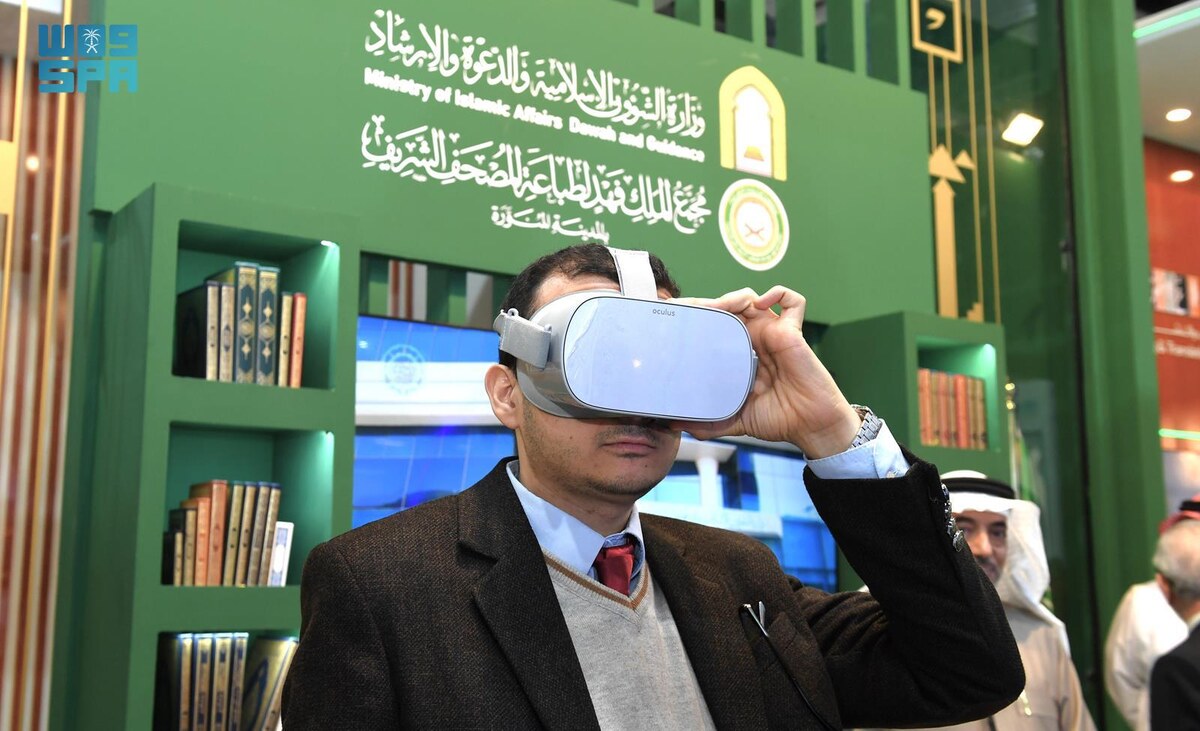RIYADH: The MENA population is most at risk for noncommunicable diseases for those over 60 years, according to research by the Saudi healthspan organization Hevolution Foundation.
Noncommunicable diseases include cardiovascular disease, cancer and diabetes, which represent up to one-third of the disease burden in the region.
The findings were highlighted at an event ahead of the group’s Global Healthspan 2025 summit in Riyadh, which runs from Feb. 4-5, with more than 70 sessions and in excess of 100 speakers expected.
The event will bring together an international crowd of academics, scientists and stockholders in the global healthspan space, organizers said.
According to research, Saudi Arabia has one of the highest rates of NCDs in the Gulf, with a prevalence of 32.15 percent responsible for 73 percent of all deaths.
With the number of people over 60 in Saudi Arabia set to double by 2050, the Kingdom is employing cutting-edge research in aging biology.
Boasting more than SR1.5 billion ($400 million) in research grants and early-stage biotech investments, the Riyadh-based organization is a philanthropic funder of geroscience, an area of research dedicated to advancing the human healthspan — extending the age at which a person remains healthy.
The organization says that while the average lifespan in Saudi Arabia is about 74 years, the average healthspan is 64 — indicating a decade-long gap between life expectancy and healthy life expectancy — and many are living the final years of their lives in poor health.
During the summit, Hevolution will announce the launch of the Saudi Biotech Pitchfest, to showcase the Kingdom’s rapidly growing biotech sector. Twelve Saudi biotech companies, from startups to more established enterprises, will present their innovative solutions aimed at addressing the challenges of aging.
The competition will feature 10-minute pitches, which will be judged by a distinguished panel that includes Prince Khalid bin Alwaleed bin Talal Al-Saud, founder and CEO, KBW Ventures; Abdulrahman Alolayan, CEO of BetaLab; Dr. William Greene, CIO of Hevolution Foundation; and Dr. Christoph Westphal, co-founder of Longwood Fund.
Hevolution will also launch the second round of its grants program in Saudi Arabia, with 14 new awardees for 2025.
This round saw a 20 percent increase in eligible submissions, underscoring the growing interest in the field.
The grantees represent leading institutions across Saudi Arabia, including KAIMRC, Al-Maarefa University, Fakeeh College, University of Tabuk, KAUST, KSU, and Imam Abdulrahman bin Faisal University.
The foundation also plans to announce a two-year grant program to create the first cohort of age researchers in Saudi Arabia.






























